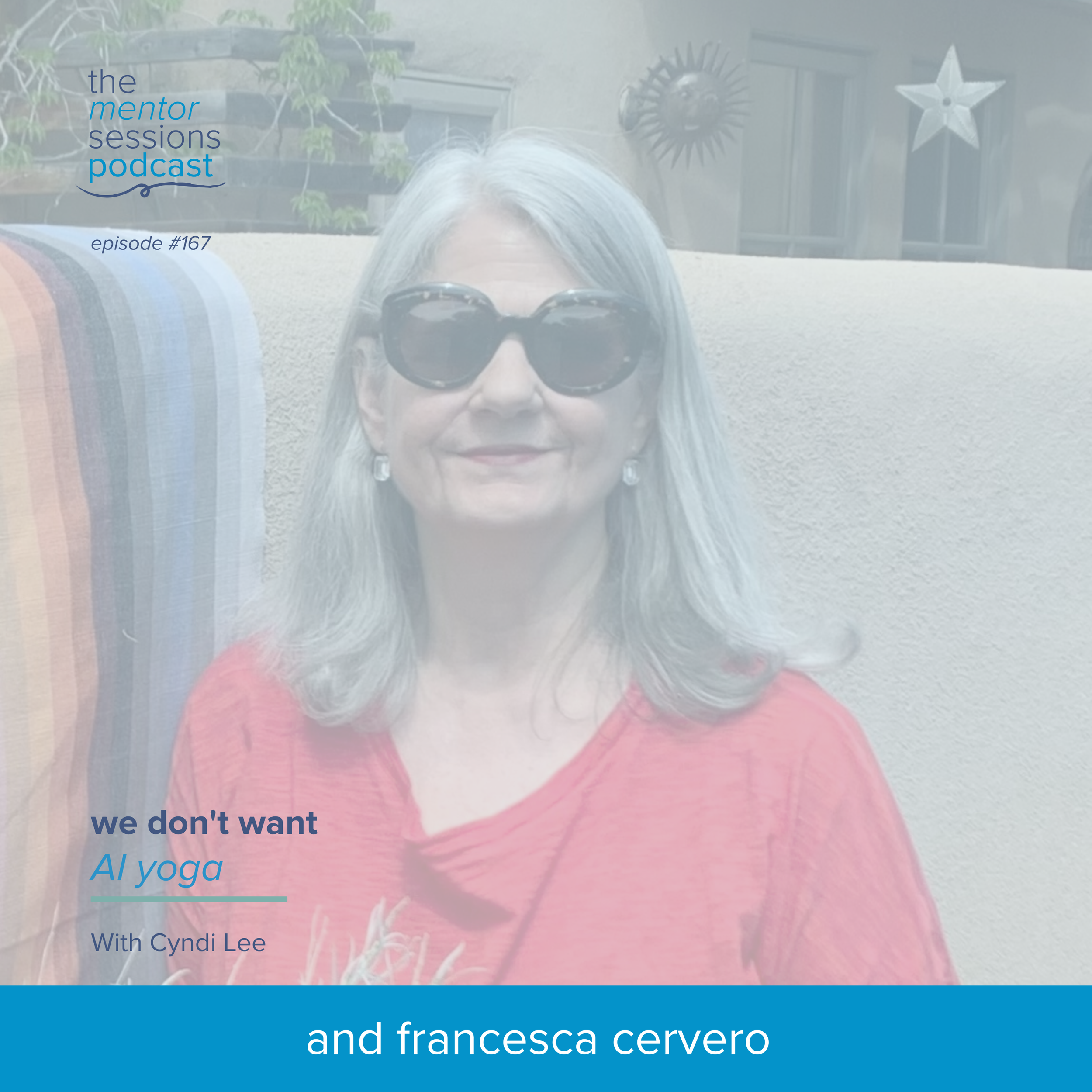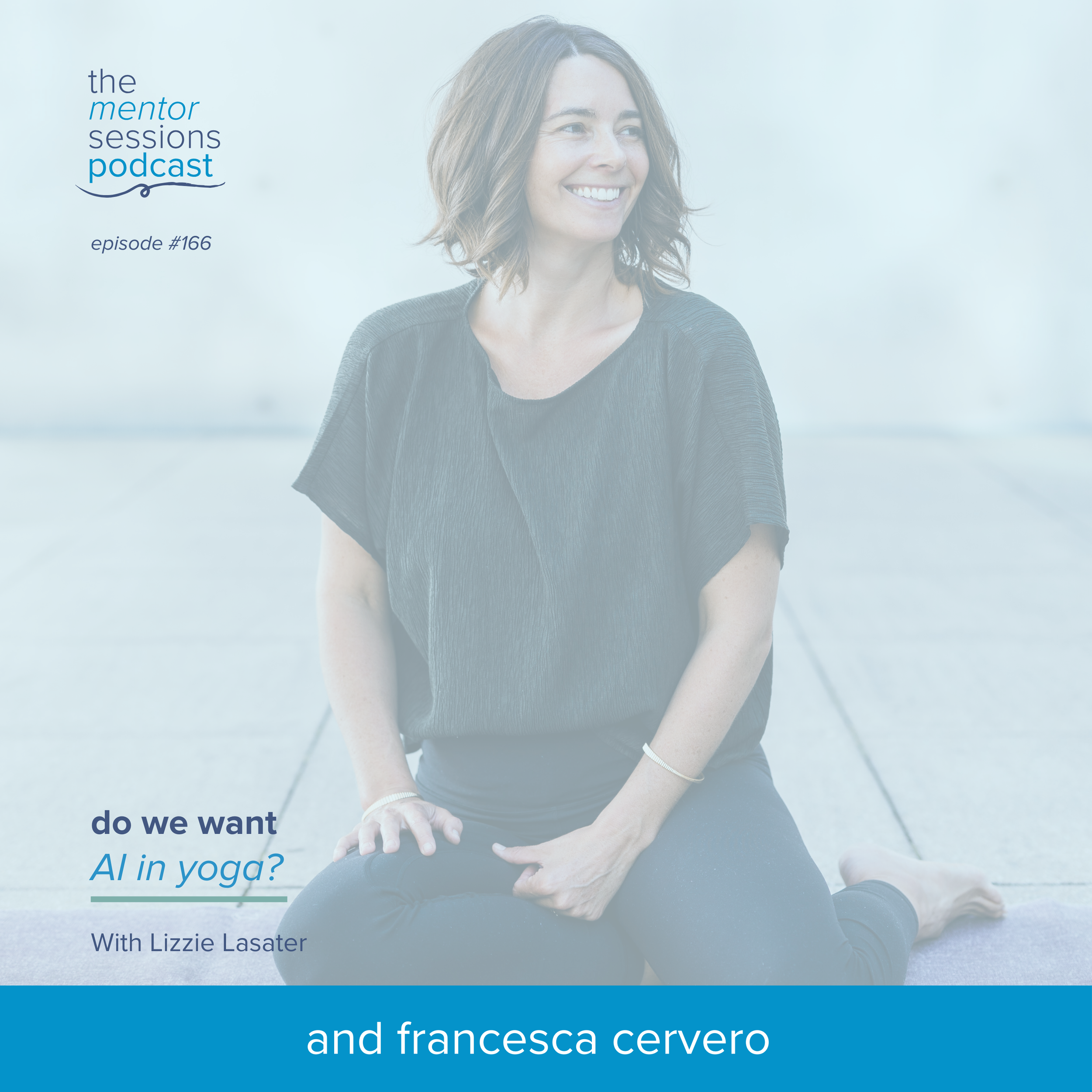156: Why and How to Find Virtual Private Yoga Clients
I started teaching one private yoga client virtually in 2019 when she left Washington, DC for California. But other than her, I had absolutely NO experience teaching online when everything changed on March 13th, 2020. I was slightly ahead of the curve in understanding that the pandemic would be a life alternating experience and that we wouldn't be teaching yoga in-person for many many months.
I made really quick work of getting all my in-person private students on board to pivot to virtual private lessons, and by Monday, March 16th, I had everyone set up for the virtual lessons in their normal standing scheduled spot. I did not miss a single day of work or single private lesson in that transition, and that is something I am really proud of.
Then, at the beginning of 2022, I moved to a new area and had a baby. I kept all my clients virtual through that transition, and 95% of my teaching is still virtual. And I LOVE it.
Today on the podcast, I’m making the case for virtual private lessons!
I’ll tell you:
why AND how to find virtual private clients
why they are great for your students
how they can help support your business
who they are a good fit for (both student and teacher)
how to get started in offering virtual private lessons
Resources mentioned in the episode:
This episode is brought to you by OfferingTree, an easy-to-use, all-in-one online platform for yoga teachers that provides a personal website, booking, payment, blogging, and many other great features. If you sign up at www.offeringtree.com/mentor, you’ll get 50% off your first three months (or 15% off any annual plan)! OfferingTree supports me with each sign-up. I’m proud to be supported by a public benefit company whose mission is to further wellness access and education for everyone.




American yoga teachers have a unique role in fighting fascism. We are deeply practiced in the tools that help us (and our students) feel clear, steady, focused, calm and resilient. And if you read the teachings the way I do, we have a powerful directive to engage in direct social action.
Lovingkindness meditation says, “May All Beings Be Safe And Free” and that is not just a nice idea, but a mandate to work for change. As you can plainly see with your eyes, all beings are not safe. But there is so much we can do! There is incredible work being done and all we have to do is plug into it.